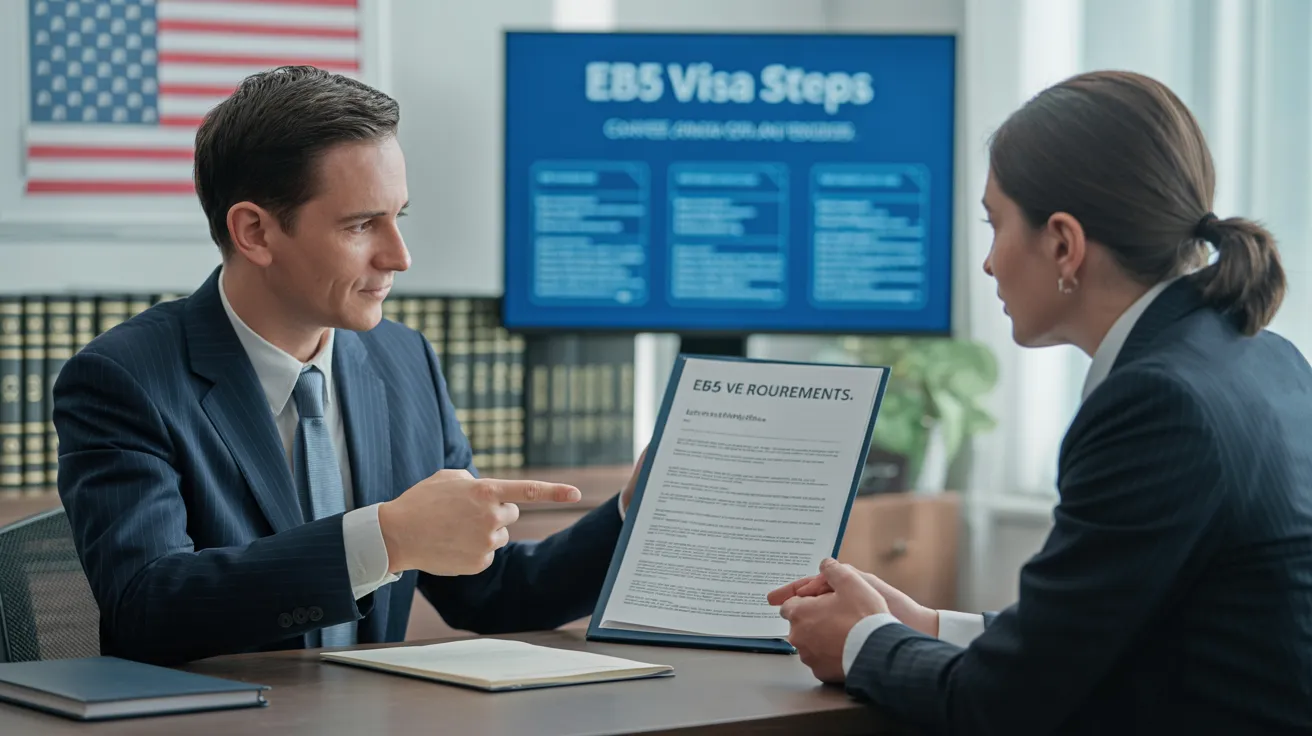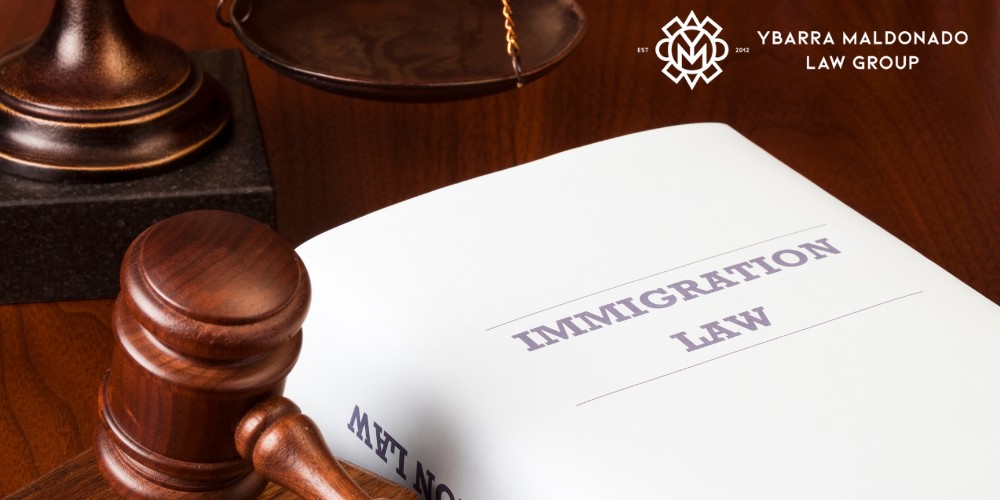L1 Visa Timeline
The 2-Minute Rule for L1 Visa
Table of ContentsAll About L1 VisaThings about L1 VisaHow L1 Visa can Save You Time, Stress, and Money.What Does L1 Visa Mean?How L1 Visa can Save You Time, Stress, and Money.All About L1 Visa
Available from ProQuest Dissertations & Theses International; Social Science Premium Collection. (2074816399). (PDF). Congress. (PDF). DHS Workplace of the Inspector General. (PDF). (PDF). "Nonimmigrant Visa Stats". Retrieved 2023-03-26. Department of Homeland Security Office of the Assessor General, "Testimonial of Susceptabilities and Possible Misuses of the L-1 Visa Program," "A Mainframe-Size Visa Loophole".
U.S. Department of State. Retrieved 2023-02-08. Tamen, Joan Fleischer (August 10, 2013).
L1 Visa Things To Know Before You Get This
In order to be eligible for the L-1 visa, the international company abroad where the Recipient was used and the U.S. firm should have a qualifying connection at the time of the transfer. The various kinds of qualifying relationships are: 1. Parent-Subsidiary: The Parent suggests a company, corporation, or various other lawful entity which has subsidiaries that it has and regulates."Subsidiary" implies a company, firm, or other legal entity of which a moms and dad possesses, straight or indirectly, greater than 50% of the entity, OR possesses less than 50% yet has management control of the entity.
Instance 1: Company A is integrated in France and utilizes the Recipient. Business B is integrated in the U.S. and wishes to request the Beneficiary. Company A possesses 100% of the shares of Company B.Company A is the Parent and Firm B is a subsidiary. Therefore there is a qualifying partnership between both firms and Company B should have the ability to fund the Beneficiary.
Company A has 40% of Firm B. The remaining 60% is had and regulated by Firm C, which has no relationship to Firm A.Since Business A and B do not have a parent-subsidiary connection, Company A can not sponsor the Recipient for L-1.
Company A possesses 40% of Business B. The continuing to be 60% is had by Business C, which has no relation to Business A. Nonetheless, Firm A, by official contract, controls and full manages Company B.Since Firm An owns much less than 50% of Company B however takes care of and regulates the business, there is a qualifying parent-subsidiary partnership and Firm A can sponsor the Beneficiary for L-1.
L1 Visa Things To Know Before You Get This
Associate: An associate is 1 of 2 subsidiaries thar are both had and managed by the exact same parent or individual, or possessed and managed by the same team of individuals, in essentially the very same ratios. a. Instance 1: Firm A is incorporated in Ghana and employs the Recipient. Company B is integrated in the U.S.
Business C, likewise included in Ghana, possesses 100% of Business A and 100% L1 Visa requirements of Company B.Therefore, Company A and Firm B are "affiliates" or sister firms and a certifying partnership exists between the two companies. Company B ought to have the ability to fund the Beneficiary. b. Instance 2: Company A is incorporated in the united state
Firm A is 60% possessed by Mrs. Smith, 20% had by Mr. Doe, and 20% owned by Ms. Brown. Firm B is integrated in Colombia and presently utilizes the Beneficiary. Business B is 65% possessed by Mrs. Smith, 15% possessed by Mr. Doe, and 20% possessed by Ms. Brown. Firm A and Firm B are affiliates and have a qualifying connection in two different ways: Mrs.
The L-1 visa is an employment-based visa group developed by Congress in 1970, allowing multinational firms to move their supervisors, execs, or essential personnel to their U.S. operations. It is typically referred to as the intracompany transferee visa. There are two primary kinds of L-1 visas: L-1A and L-1B. These kinds are ideal for staff members hired in different placements within a company.

In addition, the beneficiary has to have operated in a managerial, exec, or specialized employee position for one year within the 3 years coming before the L-1A application in the international company. For new office applications, international work should have remained in a supervisory or executive capacity if the recipient is coming to the United States to work as a supervisor or executive.
8 Simple Techniques For L1 Visa

If approved for a united state firm functional for greater than one year, the preliminary L-1B visa is for approximately 3 years and can be prolonged for an added 2 years (L1 Visa). On the other hand, if the U.S. company is newly established or has been functional for much less than one year, the initial L-1B visa is issued for one year, with expansions readily available in two-year increments
The L-1 visa is an employment-based visa group established by Congress in 1970, allowing international firms to move their supervisors, executives, or vital workers to their U.S. operations. It is commonly referred to as the intracompany transferee visa.
The Only Guide to L1 Visa
Additionally, the beneficiary needs to have operated in a supervisory, executive, or specialized worker position for one year within the 3 years preceding the L-1A application in the international company. For new workplace applications, foreign employment needs to have been in a supervisory or executive ability if the recipient is concerning the United States to function as a supervisor or executive.
for as much as 7 years to manage the operations of the U.S. affiliate as an exec or supervisor. If issued for a united state company that has been functional for more than one year, the L-1A visa is originally granted for up to 3 years and can be prolonged in two-year increments.
If granted for a united state firm functional for greater than one year, the first L-1B visa is for as much as 3 years and can be expanded for an added two years. On the other hand, if the U.S. firm is freshly established or has been operational for much less than one year, the first L-1B visa is issued for one year, with get started extensions available in two-year increments.